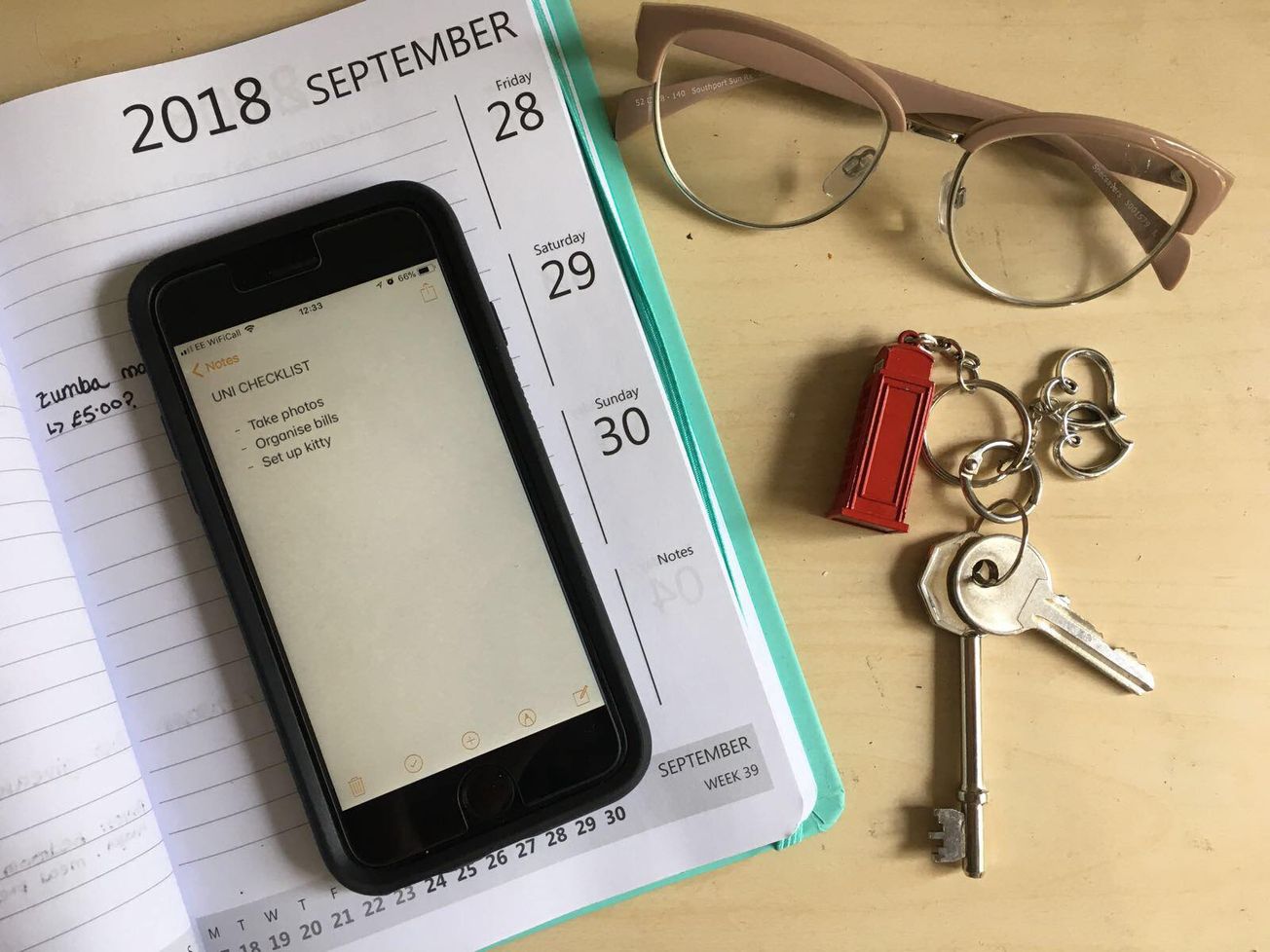By Imogen Rogers, Deputy Living Editor
Moving into private accommodation is an exciting prospect, but it can be stressful. Here are a few tips about moving into and living in private accommodation.
Take Photos!
Hopefully when you moved into your house or flat everything is in one piece. Yet, this is student accommodation, so it is likely there are a few imperfections. To be able to reclaim your full deposit ensure you take photos of everything! If your landlord attempts to charge you for a pre-existing fault you have proof otherwise. With that in mind, when decorating your bedroom be aware of using adhesives such as blue tac on your walls, tape or pins work just as well! Keep an eye out for problems such as damp or faulty appliances and notify your landlord as soon as possible.
Bills!
If you were in halls last year, it is probable that you have never had to deal with utility bills before. It takes time, patience and requires everyone's participation. If you are the first to move in take photos of the gas, electricity and water metre readings. Contact the utility providers to inform them you are the new occupants, they often try to charge you the previous tenants’ usage. Establish if you are paying monthly or quarterly and whether it will be a flat or metered rate. And do not forget to apply for council tax exemption to avoid fines later down the line.
Wi-Fi!
Wi-Fi is going to be a necessity for all student accommodations, so aim to sort it earlier rather than later! Check out websites such as Save the Student or Money Super Market to compare student broadband packages. Consider how many people are living in your accommodation, what course you study – whether that requires a faster internet – and how much you are willing to spend. Virgin media is a student favourite, and many broadband providers offer incentives such as restaurant vouchers.
Establish ground rules.
Disagreements are inevitable. They may appear straight away or surface a few months down the line, but establishing some basic rules will minimise their impact. One of the most common and contentious issues surrounds guests and how often they stay. Be honest about how often your guest will be staying, and how this will work. Smaller things such as who takes out the bins, cleans the bathrooms, or buys the milk should also be organised. In fact, creating a kitty to pay for essential items such as toilet rolls, cleaning products and tea is a good solution for this.
Featured image: Epigram / Imogen Rogers
Have any advice for fellow students? Want to write for Epigram? Get in contact!









